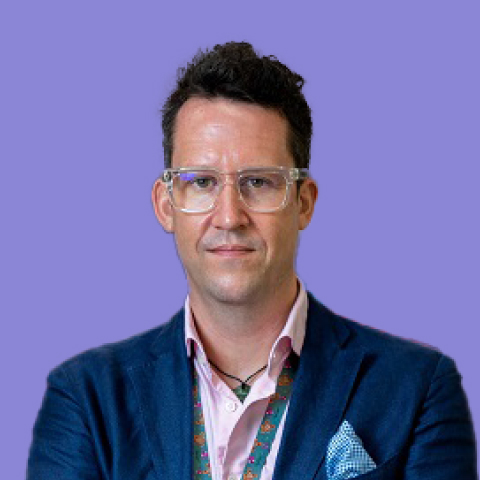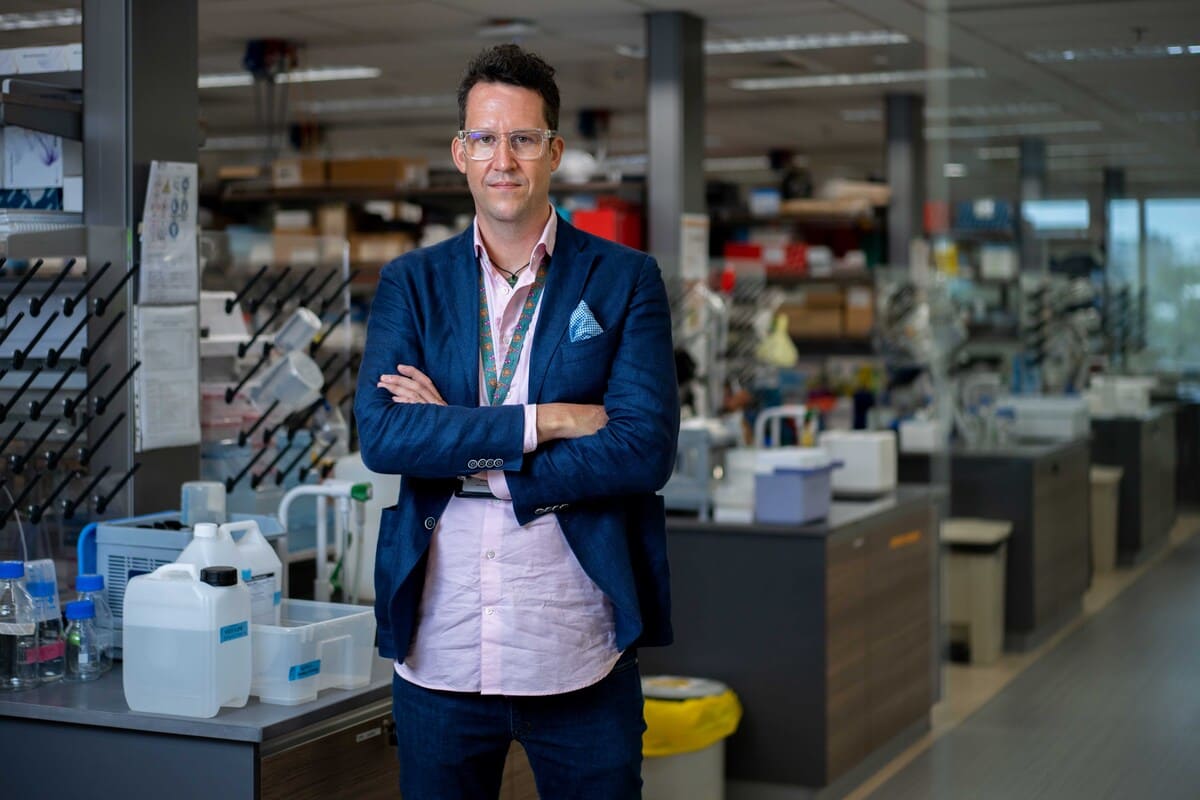About Prof. Matt Kemp
Professor Matt Kemp completed his undergraduate studies in New Zealand at Otago University. He holds PhDs in Medicine (2006; UNSW) and Education (2015; UWA), and completed postdoctoral training at Oxford University with the support of an MRC Career Development Fellowship. In 2009 he was recruited to Perth to lead the Foundation’s sheep-based perinatal research program.
Matt is an Adjunct Professor in the UWA Division of Obstetrics and Gynaecology and holds a number of international appointments, including Honorary Associate Professor (Centre for Perinatal and Neonatal Medicine) at Tohoku University Hospital and Associate Professor (Obstetrics and Gynaecology) at the National University of Singapore. He is a Harvard alumnus, and graduate of Harvard Business School’s Program for Leadership Development.
Professor Kemp’s research interests in perinatology are focused on improving outcomes for preterm infants, and include anti-inflammatory and antibiotic therapies, antenatal steroid treatment optimisation, minimally invasive fetal diagnostics, and the development of an artificial uterine life support platform for extremely preterm infants. His work has received significant international attention, being awarded prizes by the Society for Reproductive Investigation (USA), the Japan Society for Obstetrics and Gynaecology, and the International Society for the Developmental Origins of Health and Disease.
Professor Kemp’s work has attracted $10.15 million in funding from a range of national and international agencies including the NHMRC, the NIH, the Bill and Melinda Gates Foundation, the Royal Society, the Ramaciotti Foundations and the Financial Markets Foundation for Children. His 2018 NHMRC Artificial Placenta funding application was the highest scoring project grant awarded in Western Australia in over a decade and ranked among the top three scoring project grants in the country that year.
Professor Kemp has published 130 peer-reviewed papers and scientific reports. His work has significantly advanced our understanding of how the fetus responds to infectious and inflammatory insults, how susceptibility to infection changes with gestation, and how common prematurity-associated infections can be targeted with antibiotic agents.
Professor Kemp works closely with academic and industry partners including GSK, Chiesi S.p.A and Nipro Corporation. Working with collaborators in the United States, Professor Kemp’s antenatal steroid studies have shown that current dosing strategies are excessive and demonstrated how modulated dosing can be used to deliver optimal preterm lung maturation. These data are now being used by the WHO to undertake the first low-dose antenatal steroid studies in low- and middle-income countries.
Working with collaborators in Japan, Professor Kemp’s studies with the artificial uterine life support platform for extremely preterm infants have generated national and international interest and are presently in an advanced phase of pre-clinical development. The impact of his work in this field is reflected in regular media engagements (SBS, ABC, BBC, the Guardian) and an invited exhibition at Ars Electronica Linz, Europe’s largest Art-Science festival.
Professor Kemp is committed to building research capacity in perinatal medicine and supervises a number of doctoral candidates and clinical fellows. He also maintains an active interest in higher education. Professor Kemp undertook some of the first studies into learning systems in the biomedical doctorate, a contribution that saw him awarded the Dr Teck Jin Lian and WAIER prizes in Education and him being shortlisted for Education Thesis of the Year (2015).
Professor Kemp was named as WIRF’s Chief Scientist in April 2021.
Research contributions
Professor Kemp has published 65 peer-reviewed papers in the past five years alone. His work has significantly advanced our understanding of how the fetus responds to infectious and inflammatory insults, how susceptibility to infection changes with gestation, and how common prematurity-associated infections can be targeted with antibiotic agents.
Working with collaborators in the United States, his antenatal steroids studies have shown that current dosing strategies are likely excessive and demonstrated how modulated dosing can be used to deliver optimal preterm lung maturation.
Working in collaborators in Japan, Professor Kemp’s studies with the artificial uterine life support platform for extremely preterm infants have generated national and international interest and are presently in an advanced phase of pre-clinical development.
Professor Kemp also maintains an active interest in higher education, and has made a significant contribution to the empirical-based development of learning systems in doctoral education.













